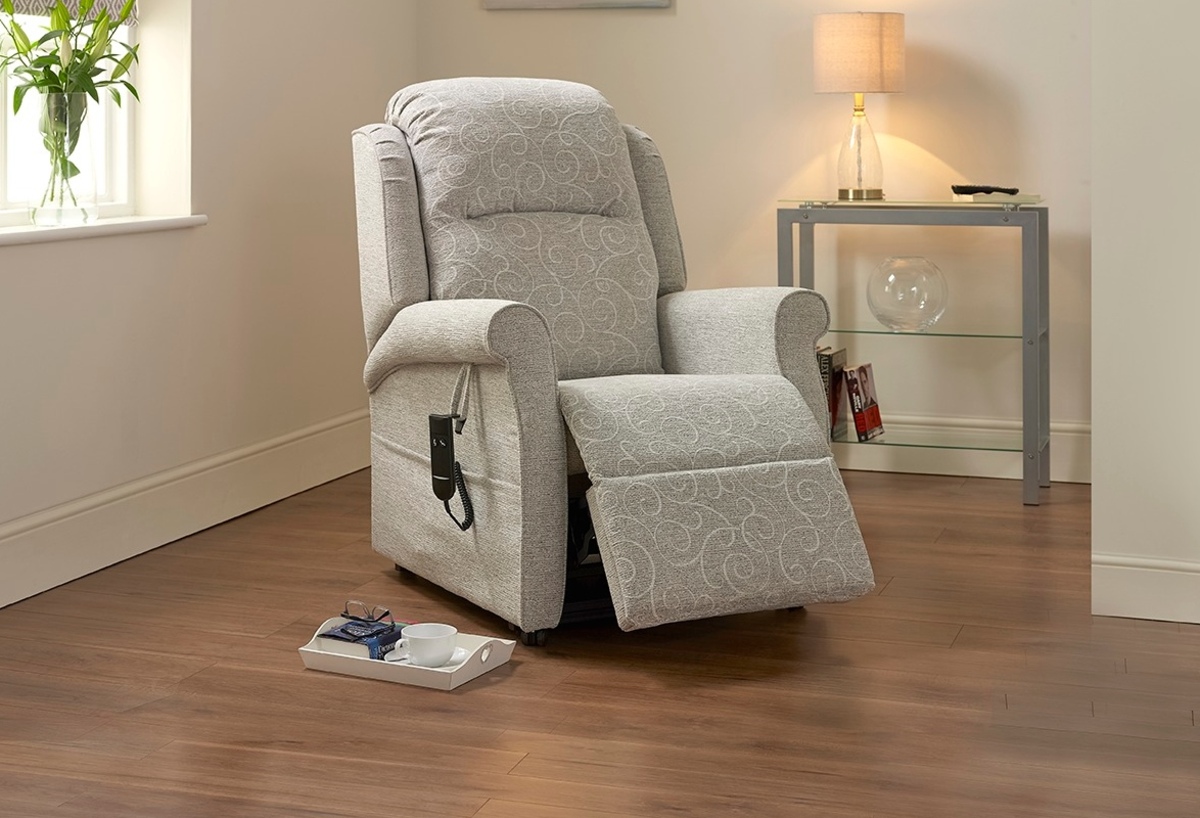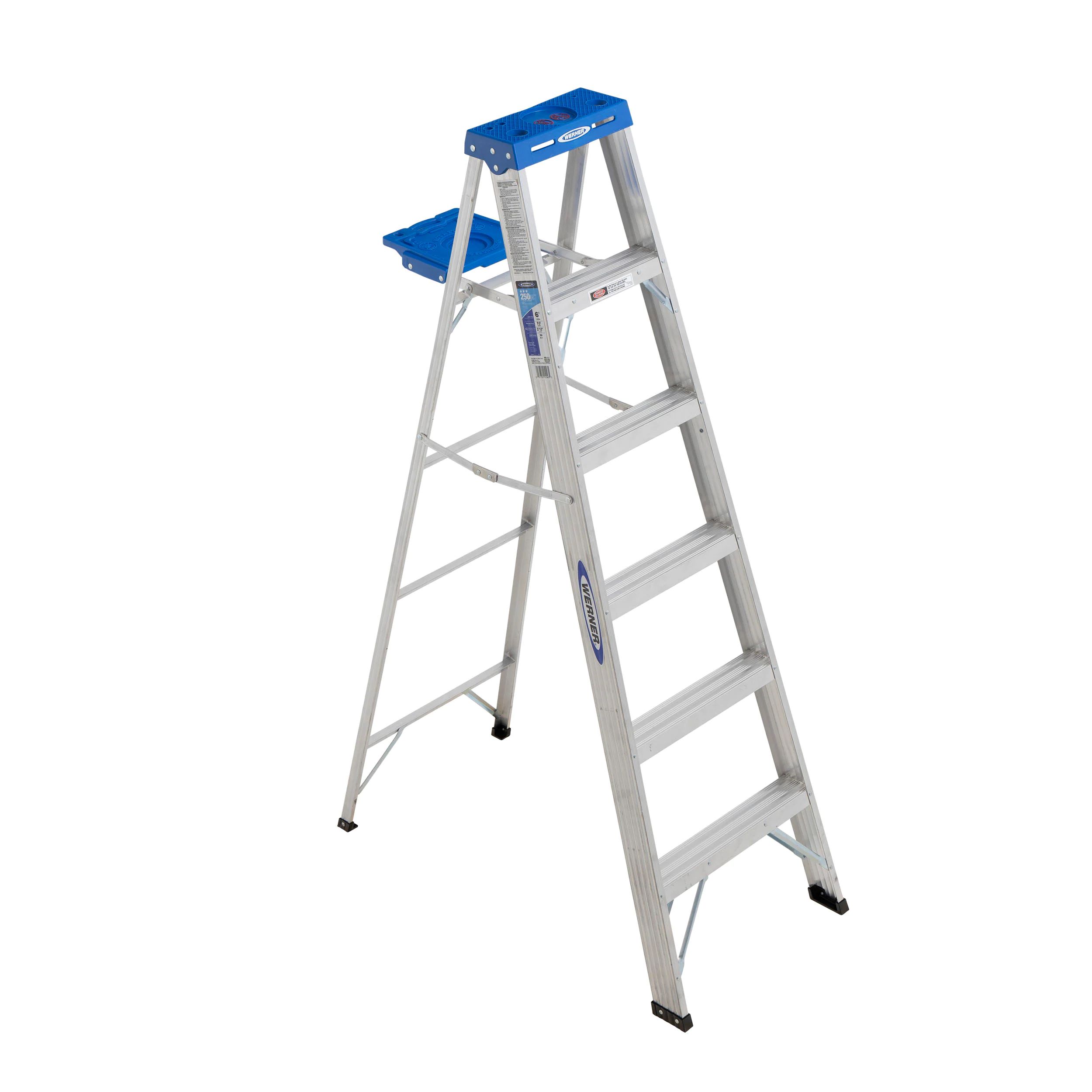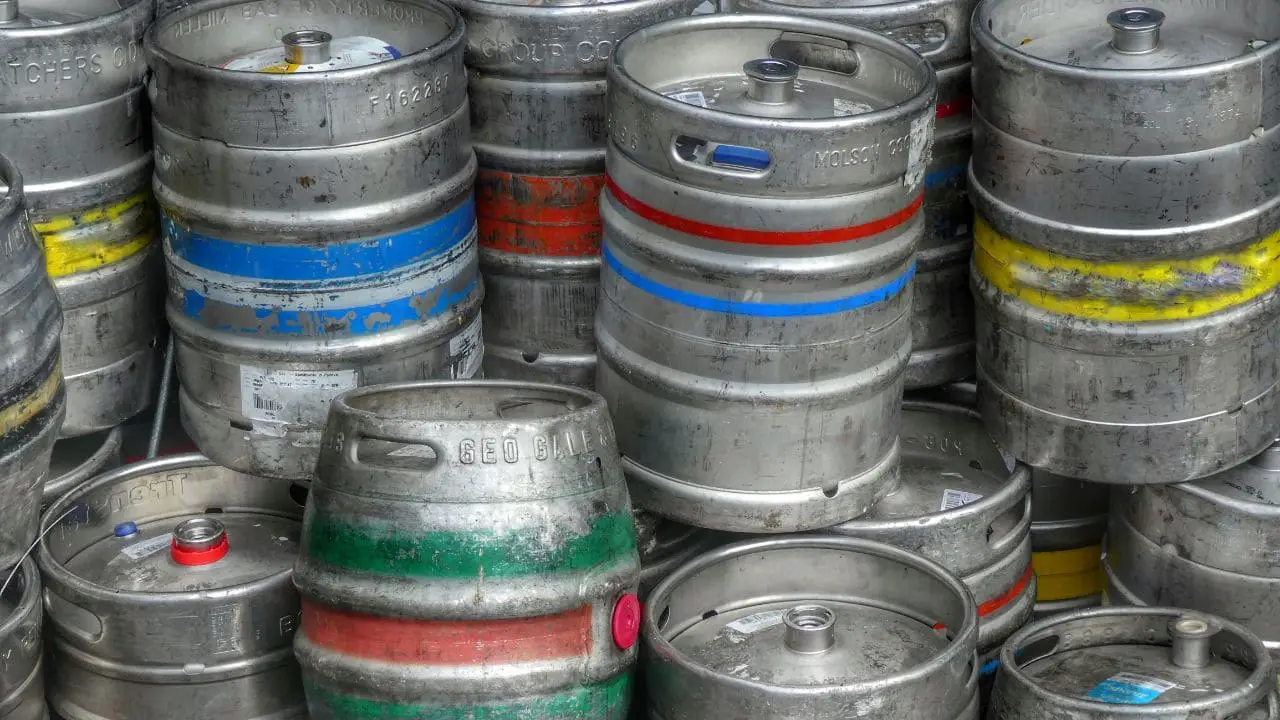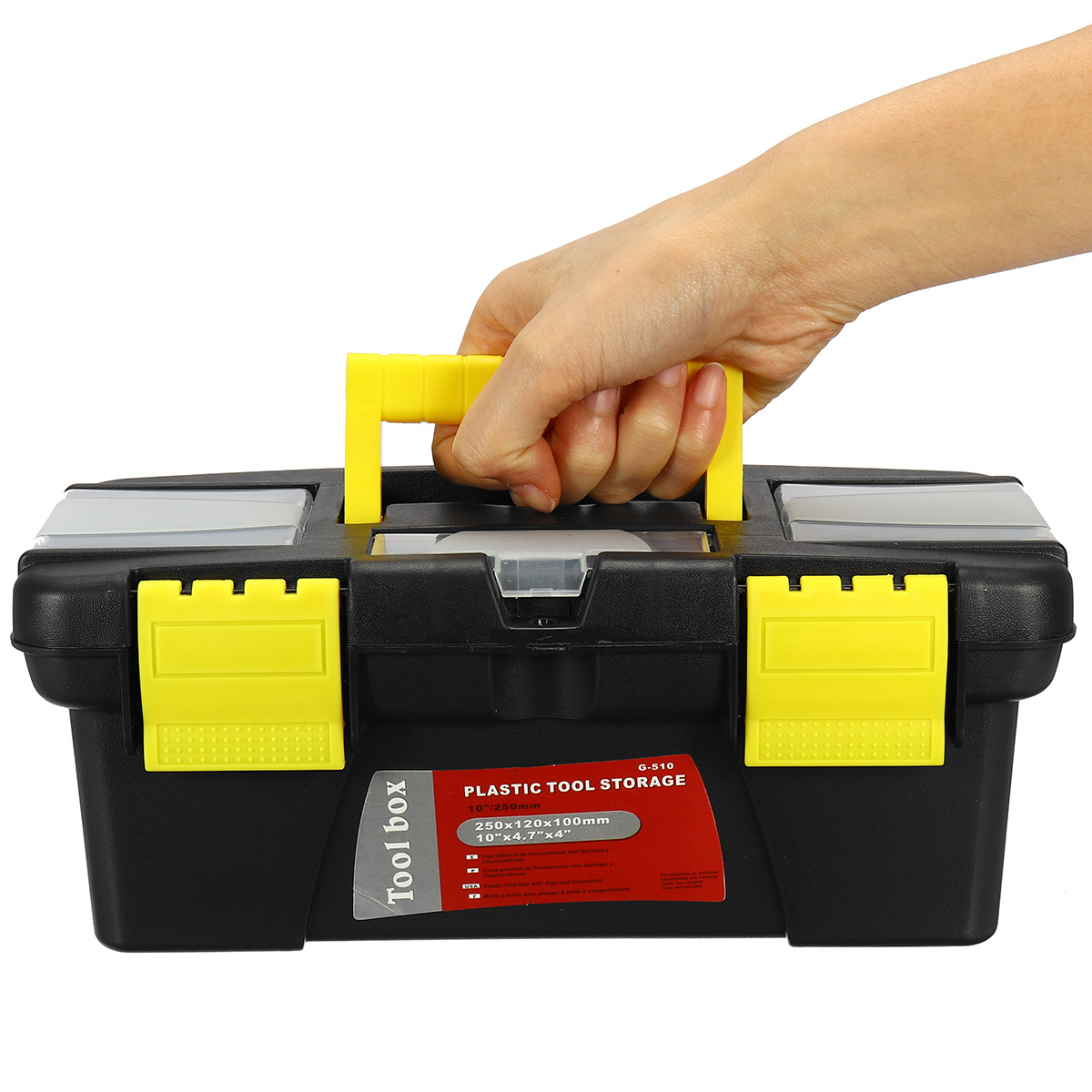

Articles
How Much Does A Washer And Dryer Weigh
Modified: May 6, 2024
Find articles on how much a washer and dryer weigh. Get information on the average weight of both appliances and tips on moving them safely.
(Many of the links in this article redirect to a specific reviewed product. Your purchase of these products through affiliate links helps to generate commission for Storables.com, at no extra cost. Learn more)
Introduction
When it comes to purchasing, moving, or installing appliances, knowing their weight can be crucial. And if you’re in the market for a washer and dryer, you may be wondering, “How much do they weigh?” Well, you’ve come to the right place! In this article, we will explore the average weight of washers and dryers, as well as factors that can affect their weight.
Having a general idea of the weight of a washer and dryer can help you plan for delivery and installation, ensure that your floor can support the weight, and even determine if you need assistance to move them. So, without further ado, let’s dive into the world of washer and dryer weights!
Key Takeaways:
- Planning to move or install a washer and dryer? Know that a standard top-load washer weighs 150-200 pounds, while a standalone dryer weighs 100-150 pounds. Consider factors like size, capacity, and materials when assessing weight.
- Compact washers and dryers offer lighter alternatives for smaller spaces, weighing around 60-80 pounds for washers and 70-90 pounds for dryers. Despite their reduced weight, they still provide essential features for efficient laundry care.
Read more: How Much Does A Dryer Weigh
Average Weight of a Washer
Washers come in various sizes and capacities, and their weight can vary significantly depending on the model and features. On average, a standard top-load washer weighs around 150 to 200 pounds (68 to 91 kilograms). This weight includes the washing machine’s drum, motor, control panel, and other internal components.
Front-load washers, which are becoming increasingly popular due to their energy efficiency and water-saving capabilities, tend to weigh a bit more than top-load washers. A typical front-load washer can weigh anywhere between 180 to 250 pounds (82 to 113 kilograms). The added weight is primarily due to the drum orientation and the additional components required for the front-load mechanism.
It’s important to note that these weight ranges are approximate and can vary depending on the specific make and model of the washer. If you’re unsure about the weight of a particular washer, it’s always a good idea to check the manufacturer’s specifications or consult with a professional.
Average Weight of a Dryer
Like washers, dryers also come in different sizes and styles, and their weight can vary accordingly. On average, a standard standalone dryer weighs around 100 to 150 pounds (45 to 68 kilograms). This weight includes the dryer’s drum, heating element, motor, control panel, and other internal components.
Keep in mind that the weight of a dryer may differ depending on whether it is an electric or gas-powered model. Gas dryers tend to be slightly heavier due to the additional components required for the gas supply and ignition system. However, the weight difference between electric and gas dryers is generally minimal.
It’s worth noting that the weight range mentioned above is for traditional standalone dryers. Compact or stackable dryers, designed for apartments or small laundry spaces, generally weigh less than their full-sized counterparts. These compact dryers can weigh around 65 to 90 pounds (29 to 41 kilograms) and are lighter due to their smaller capacity and simplified design.
As always, it’s essential to refer to the manufacturer’s specifications or seek professional advice if you need precise information about the weight of a specific dryer model.
Combined Weight of a Washer and Dryer
Now that we know the average weight of a washer and dryer individually, let’s examine their combined weight when installed as a laundry set. When you consider the weight of a washer and dryer together, it’s important to keep in mind that this can vary depending on the specific models and configurations.
On average, the combined weight of a washer and dryer set is around 250 to 350 pounds (113 to 159 kilograms). This estimation includes both the washer’s and dryer’s weight, as well as any additional accessories or pedestals. It’s important to note that the weight distribution might not be equal, as the dryer is usually lighter than the washer.
The weight of a laundry set is an essential consideration when planning for delivery, installation, or arranging for an appropriate space in your laundry area. Before purchasing a washer and dryer set, it’s always a good idea to check the manufacturer’s specifications for the exact weights of the models you are interested in.
Additionally, when it comes to moving or installing a washer and dryer, it is recommended to seek assistance or hire professionals to ensure proper handling and avoid any potential injuries or damage to the appliances or your property.
Remember that these weight ranges are average values and can vary depending on the specific make, model, and features of the washer and dryer. Consult the manufacturer’s information or reach out to professionals for accurate weight specifications.
When moving a washer and dryer, make sure to disconnect all hoses and cords, and secure the drum to prevent damage. Use a dolly or moving straps to safely transport the appliances, as washers can weigh between 150-200 pounds and dryers can weigh between 100-150 pounds.
Factors Affecting Weight of Washers and Dryers
While we have discussed the average weights of washers and dryers, it’s important to note that the weight can be influenced by several factors. Understanding these factors can give you a better understanding of why the weight of washers and dryers can vary.
1. Size and Capacity: One of the primary factors influencing the weight of washers and dryers is their size and capacity. Larger machines with bigger drums and higher load capacities will naturally weigh more than smaller machines.
2. Construction and Materials: The construction and materials used in the manufacturing of washers and dryers also play a role in determining their weight. Machines made with heavier and sturdier materials may weigh more than those with lighter construction.
3. Features and Technology: Modern washers and dryers come with a range of features and advanced technologies that can affect their weight. For example, machines with built-in steam functionality or advanced control panels may have additional components that increase their weight.
4. Additional Accessories: Some washers and dryers can be accompanied by optional accessories or pedestals. These accessories, such as storage drawers or pedestals for elevating the machines, can add to the overall weight of the laundry set.
5. Type of Drum: The type of drum used in washers and dryers can also impact their weight. For instance, stainless steel drums are generally heavier compared to plastic or porcelain-coated drums.
6. Energy Efficiency: Energy-efficient machines often incorporate additional insulation and components to reduce energy consumption. These added features can contribute to the overall weight of the appliances.
It’s essential to consider these factors when researching and purchasing washers and dryers. While weight is just one aspect to consider, understanding these factors can help you make an informed decision based on your specific needs and requirements.
Read more: How Much Does A Hair Dryer Weigh
Compact Washers and Dryers: Weight Differences
In addition to the standard-sized washers and dryers discussed earlier, there are also compact versions available on the market. Compact washers and dryers are designed to fit in smaller spaces, such as apartments or laundry closets, where space is limited. These compact appliances not only save space but also tend to have different weight characteristics compared to their full-sized counterparts.
Generally, compact washers and dryers are lighter in weight than standard-sized units. A compact washer can weigh around 60 to 80 pounds (27 to 36 kilograms), while a compact dryer usually weighs around 70 to 90 pounds (32 to 41 kilograms). The reduced weight is due to their smaller size, simplified construction, and lower capacity.
It’s important to note that while compact washers and dryers may be lighter and smaller, they still offer many of the same essential features and functionalities found in larger models. They provide efficient washing and drying capabilities while being suitable for tight spaces.
If you’re considering purchasing a compact washer and dryer set, it’s crucial to evaluate your laundry needs and available space. Compact appliances can be an excellent solution for smaller living arrangements, but it’s important to ensure that they can accommodate your laundry demands.
Keep in mind that the weight ranges provided here are approximate and can vary depending on the specific make and model of the compact washer and dryer. Always refer to the manufacturer’s specifications for accurate weight information.
Front-Load vs. Top-Load Washers: Weight Comparison
When it comes to washers, there are two main types: front-load and top-load washers. Both have their unique characteristics, including differences in weight. Let’s explore the weight comparison between these two types of washers.
Front-load washers are known for their energy efficiency and larger capacity. Due to their design and orientation, front-load washers tend to be heavier than top-load washers. On average, a front-load washer can weigh between 180 to 250 pounds (82 to 113 kilograms). The added weight is primarily due to the additional components and features required for the front-loading mechanism.
In contrast, top-load washers are generally lighter in weight compared to front-load washers. A standard top-load washer typically weighs around 150 to 200 pounds (68 to 91 kilograms). The difference in weight is mainly because top-load washers have a simpler design with a vertical drum orientation.
It’s important to note that the weight ranges mentioned here are average values and can vary depending on the specific make, model, and size of the washers. Some high-end or larger-capacity washers may weigh more than the average weight range provided.
When it comes to choosing between a front-load and top-load washer, weight may be a factor to consider, especially if you have specific requirements for installation or transportation. Front-load washers may require some extra support due to their heavier weight, while top-load washers are generally easier to move and install.
Regardless of the type of washer you choose, it’s crucial to refer to the manufacturer’s specifications for the exact weight of the specific model you are interested in. This will ensure that you have accurate information and can make informed decisions based on your individual needs and circumstances.
Conclusion
Knowing the weight of washers and dryers is essential for various reasons, including planning for delivery, installation, and ensuring the stability of your laundry area. In this article, we have explored the average weights of washers and dryers, as well as factors that can affect their weight.
On average, a standard top-load washer weighs around 150 to 200 pounds (68 to 91 kilograms), while a standard standalone dryer weighs around 100 to 150 pounds (45 to 68 kilograms). When combined, a washer and dryer set weighs approximately 250 to 350 pounds (113 to 159 kilograms).
Several factors influence the weight of washers and dryers, including size, capacity, construction materials, additional features, and accessories. Compact versions of washers and dryers are lighter and designed to fit in smaller spaces, while front-load washers tend to be heavier than top-load washers due to their advanced features and design.
It’s important to reference the manufacturer’s specifications for the precise weight of a specific washer or dryer model, as these values can vary. Additionally, when moving or installing washers and dryers, it’s advisable to seek assistance or hire professionals to ensure safe handling and avoid any potential damage or injury.
By understanding the weight of washers and dryers and considering the factors that affect their weight, you can make informed decisions when purchasing, moving, or installing these essential appliances. So whether you’re planning a laundry room makeover or simply looking to replace an old unit, now you have a better understanding of the weight considerations involved.
Remember, while weight is important, it’s just one aspect to consider when choosing the right washer and dryer for your needs. Assess other factors such as capacity, energy efficiency, and features to find the perfect appliances that will meet your laundry requirements.
Curious about appliance specifics? If you found our discussion on the weight of washers and dryers helpful, you might enjoy our dedicated piece focusing solely on dryers. Dive deeper into specifics with our article that unpacks everything you need to know about dryer weight, making your next move or purchase decision easier.
Frequently Asked Questions about How Much Does A Washer And Dryer Weigh
Was this page helpful?
At Storables.com, we guarantee accurate and reliable information. Our content, validated by Expert Board Contributors, is crafted following stringent Editorial Policies. We're committed to providing you with well-researched, expert-backed insights for all your informational needs.















0 thoughts on “How Much Does A Washer And Dryer Weigh”